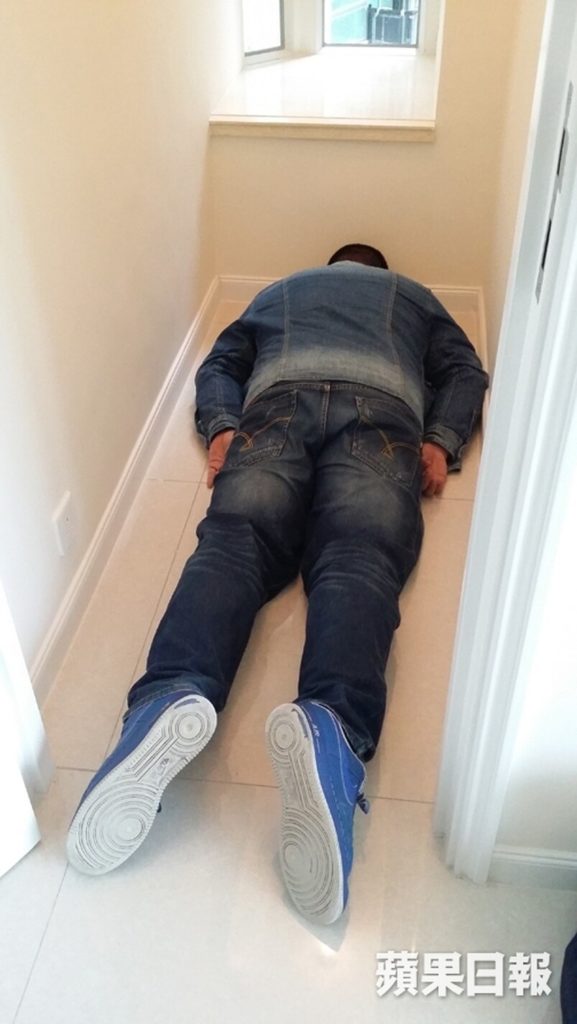An advertisement on a marketplace platform for a “helper’s bed” crammed into an impossibly tiny room—if it can even be called one—is a marriage of two very Hong Kong tragedies: notoriously small living spaces, and the city’s tendency to takes its 370,000 domestic workers for granted.
Posted to Carousell on Saturday, the seller wrote in the ad description that the bed is “all new but a little shaky.” The description adds that it is “not for perfectionists.”
Photos attached to the post show an elevated wooden bed, with plenty of storage space beneath it, squeezed against the three walls of a narrow room. (There is no door, because it presumably would not fit.)
The apartment is a unit at LOHAS Park, a seaside residential development in Tseung Kwan O.
Local media reported in 2015, when the development was being constructed, that a three-bedroom flat in Phase 3 of the complex comes with a “helper’s room” so small it cannot even fit a single bed.

Nor can a person stand in the 16 square feet “room” with their arms outstretched—or even half-outstretched.
A certified surveyor at the time told media that while it might be “inhumane” to have a helper live in the tiny room, it has a window large enough to meet legal requirements.
Hong Kong has nearly 400,000 domestic workers. The community has born the brunt of the COVID-19 pandemic, taking on additional cleaning chores and spending extra time tending to children stuck at home due to school closures.
A 2019 study found that their contributions make up almost 4% of the city’s GDP. The figure is higher than in Singapore and Malaysia, both countries that are also heavily reliant on the support of foreign domestic workers.





Reader Interactions